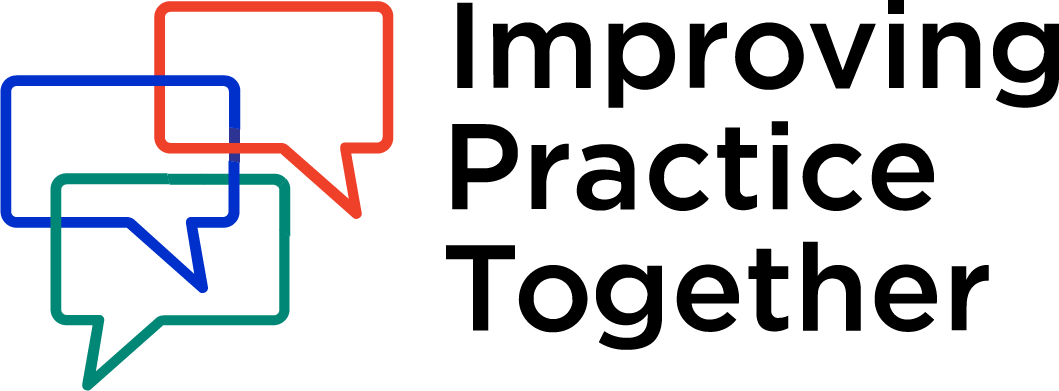Getting Started: Supporting Classroom Argumentation
The capacity to engage students in productive classroom discourse and argumentation is developed over time through professional learning, seeing effective models of practice, opportunities for reflection on one’s own practice, ongoing observation and assessment of students, and instructional materials designed to promote discourse. Here are some helpful resources. For more information on each resource, go to the professional learning session where the resource is introduced.
Professional Learning Sessions
- Learn more about the design of our professional learning sessions to support the teaching of argumentation.
Resources for getting started and supporting your students
- Defining Argumentation
- A Roadmap for Teaching Argumentation
- Argumentation Decision Tree
- FOSS Argumentation Chapter
- NGSS Instructional Shifts
- Task Card for Planning Argumentation
- Strategies to Support a Classroom Culture of Talk
- Strategies to Explore Multiple Ideas
- Discussion Map
- TERC Talk Science Primer
- TERC Talk Science Frequently Asked Questions
Tools for reflection
- Continuum for Classroom Argumentation
- Establishing a Culture of Talk Continuum
- Video reflection protocol
Formative assessment tools of students’ argumentation skills
- Student Post-discussion Survey
- A Continuum for Classroom Argumentation
- Establishing a Culture of Talk Continuum
- Science Discourse Practices Observation Tool
Sample videos of classroom argumentation
- 3rd grade idea line up– Is a seed alive?
- 4th grade whole class discussion– Electricity vs. magnetism
- 5th grade whole class discussion– Mixture vs. solution
- 4th grade– Establishing classroom discussion agreements
- Reflective discussion with teacher about a lesson (Coming soon)
- What students think about the role of argumentation in learning science
Curriculum materials developed at the Lawrence Hall of Science that provide opportunities for argumentation
- Amplify Science (elementary and middle school)
- FOSS (elementary and middle school)
- Ocean Sciences Sequences for grades 3-5 and 6-8
- SEPUP (middle and high school)

